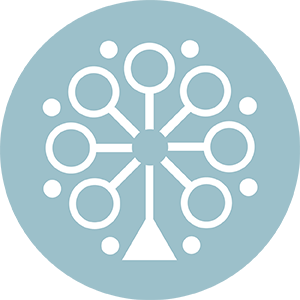Neurodiversity in the Workplace: Key Information
From Dyslexia to Autism and ADHD, what is neurodivergence and how can we embrace it in the workplace?
Neurodiversity refers to the natural variation in how human brains function and process information.
It emphasises that neurological differences, like those found in autism, ADHD, dyslexia, and other conditions, are normal and valuable aspects of human diversity, rather than deficits or disorders that need "fixing."
Neurotypical refers to individuals whose brain functions are considered "typical" or within the societal norm.
Many companies are adopting neurodiversity initiatives to accommodate and benefit from neurodivergent talents, such as creative problem-solving and attention to detail.
With neurodivergence comes unique strengths as well as weaknesses. The most successful organisations will support neurodivergent individuals to maximise their strengths.
Key Facts
Dyslexia: (10% of population): a specific learning difference primarily affecting reading, spelling, language and writing abilities
ADHD (2-7% of population): characterised by persistent patterns of inattention, hyperactivity, and/or impulsivity that interfere with daily functioning
Dyscalculia (3-7% of the population): affects an individual’s ability to understand and work with numbers and mathematical concepts
Tourette Syndrome (0.3-1% of the population): characterised by repetitive, involuntary movements and vocalisations known as tics. TS is not caused by stress, but stress can exacerbate tics
Autism (1-3% of the population): affects how people communicate, learn, interact with others, and behave. It's a neurodevelopmental condition that affects how the brain processes information
Dyspraxia (3-10% of the population): a chronic condition that affects motor skills and coordination
“Being neurodivergent doesn’t mean low intelligence, and in fact, many neurodiverse people are highly intelligent. Neurodiversity is an umbrella term that describes the different ways a person’s brain processes information.”
If you are neurodivergent and studying an accountancy qualification, or working in the accountancy industry, feel free to check out our resources on the Accountancy Hub platform or contact us ---> support@accountancyhub.co.uk


